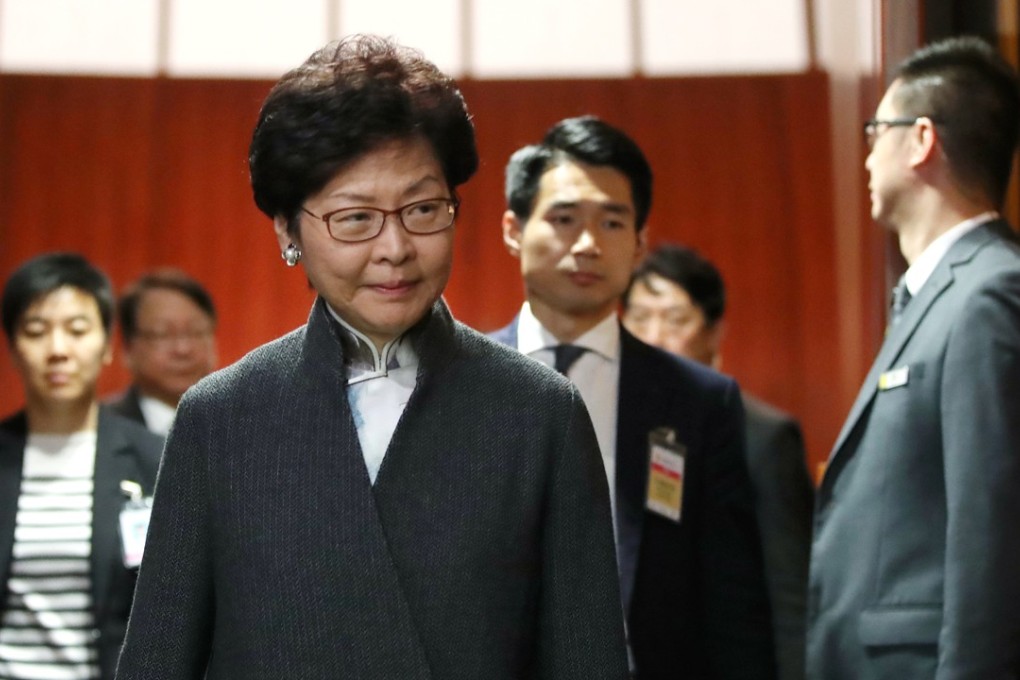Advertisement
City Beat | Can Hong Kong officials rely on the pro-establishment camp to achieve political success?
As the adage goes, only interests are eternal, and getting motions and funding passed in the city’s polarised legislature requires a deft touch
Reading Time:3 minutes
Why you can trust SCMP
0

“No eternal allies, no perpetual enemies ... [only] interests are eternal and perpetual.” Fortunately or unfortunately, this famous quote by Lord Palmerston, Britain’s foreign secretary back in 1848, still makes much sense today, in Hong Kong in particular.
There is a long-running question in this city where no party politics is allowed. When neither the opposition nor the pro-establishment camp can become a real ruling party under the executive-led governing system, and the city’s leader can’t have any party affiliation either, can the administration ever build strong alliances with certain political groups in a real sense so as to get its motions and funding passed in the vigilant Legislative Council?
The recent drama surrounding this year’s budget is very telling.
In late March, Financial Secretary Paul Chan Mo-po, under pressure from parties across the political spectrum, eventually announced a HK$1.1billion cash handout catch-up scheme for more than 2.8 million grass-roots Hongkongers who did not benefit from his February budget. It went against the government’s original collective view that cash handouts for all would defeat the purpose of meeting targeted needs. Yet the move at least secured enough votes in Legco to get the government’s spending blueprint passed in April.
Hong Kong can spend HK$40 billion a year on needy for next decade and still be in good financial shape, think tank says
It was a bitter experience for the government, and Chan especially. It also raised concerns that this could open a floodgate for more future bargaining between the government and all political parties, with one issue at stake: amid Chief Executive Carrie Lam Cheng Yuet-ngor’s “reconciliation” efforts, where should the balancing line be drawn for Lam and her administration to keep proper relations with both the pan-democrats and the pro-establishment camp?
What surprised and also very much upset the government, and Chan in particular, was that this time it was the two major pro-establishment groups – the Democratic Alliance for the Betterment and Progress of Hong Kong, and the Hong Kong Federation of Trade Unions – that pressed officials the hardest for a universal cash handout for all ahead of a Legco by-election when the budget was announced. Understandably, the two parties needed votes.
Advertisement
